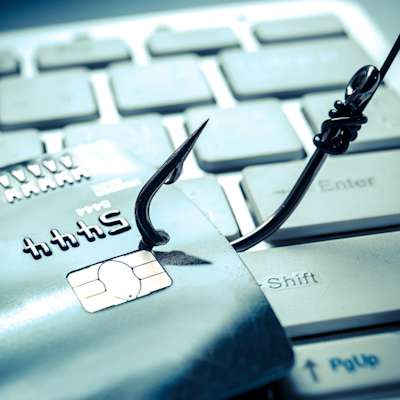Industry leading insights
As a global leader in connectivity, we bring you expert analysis, experienced thought leadership, and actionable intelligence to help you navigate the evolving digital landscape and unlock the future of communication.
-

February 23, 2026
Why AI-powered Analytics is the Secret to Success in an Evolving Roaming Landscape
-

February 18, 2026
The Art of the Possible: Why Syniverse Is the Partner MNOs Need for What’s Next
-

February 12, 2026
Webinar Replay + White Paper Download: Making 5G SA Roaming Work in 2026: From Capability to Commercial Adoption
-

February 5, 2026
Achieve Operational Excellence: Perform with Certainty When It Matters Most
-

January 14, 2026
How Government Messaging Scales Public Services
-

December 18, 2025
White Paper Download: UC for Circuits — Turning Complexity into Financial Clarity
-

December 15, 2025
Why 10DLC Remains Critical in the Era of RCS
-

December 8, 2025
Mobile Identity & Security Authentication
-

December 1, 2025
The Role of Mobile Network APIs
-

December 1, 2025
A Kaleido Intelligence Vendor Hub Brief: Unlock the Future of Mobile Roaming, Syniverse’s Industry-Leading Performance Revealed
-

November 24, 2025
VoLTE Roaming Testing Q&A
-

November 14, 2025
BCE Clearing is the Future — But TAP Remains Essential
-

November 10, 2025
Transforming the Traveler Experience
-

November 3, 2025
Swiss Cheese & Spam: Why Real Messaging Protection Must Be Multi-Layered
-

October 20, 2025
How Mobile Operators Can Enable IoT Monetization
-

October 13, 2025
RCS Customer Service: Smarter Mobile Support
-

October 6, 2025
Phishing and MFA: What Is Driving the Torrent of Attacks and How To Fight Back
-

September 22, 2025
Circuits Are at the Core of Your Business. Here’s Why Managing Associated Costs Is Critical
-

September 18, 2025
RCS and the Rise of Conversational Commerce
-

September 15, 2025
What Is IoT Technology?
- No posts found.



















